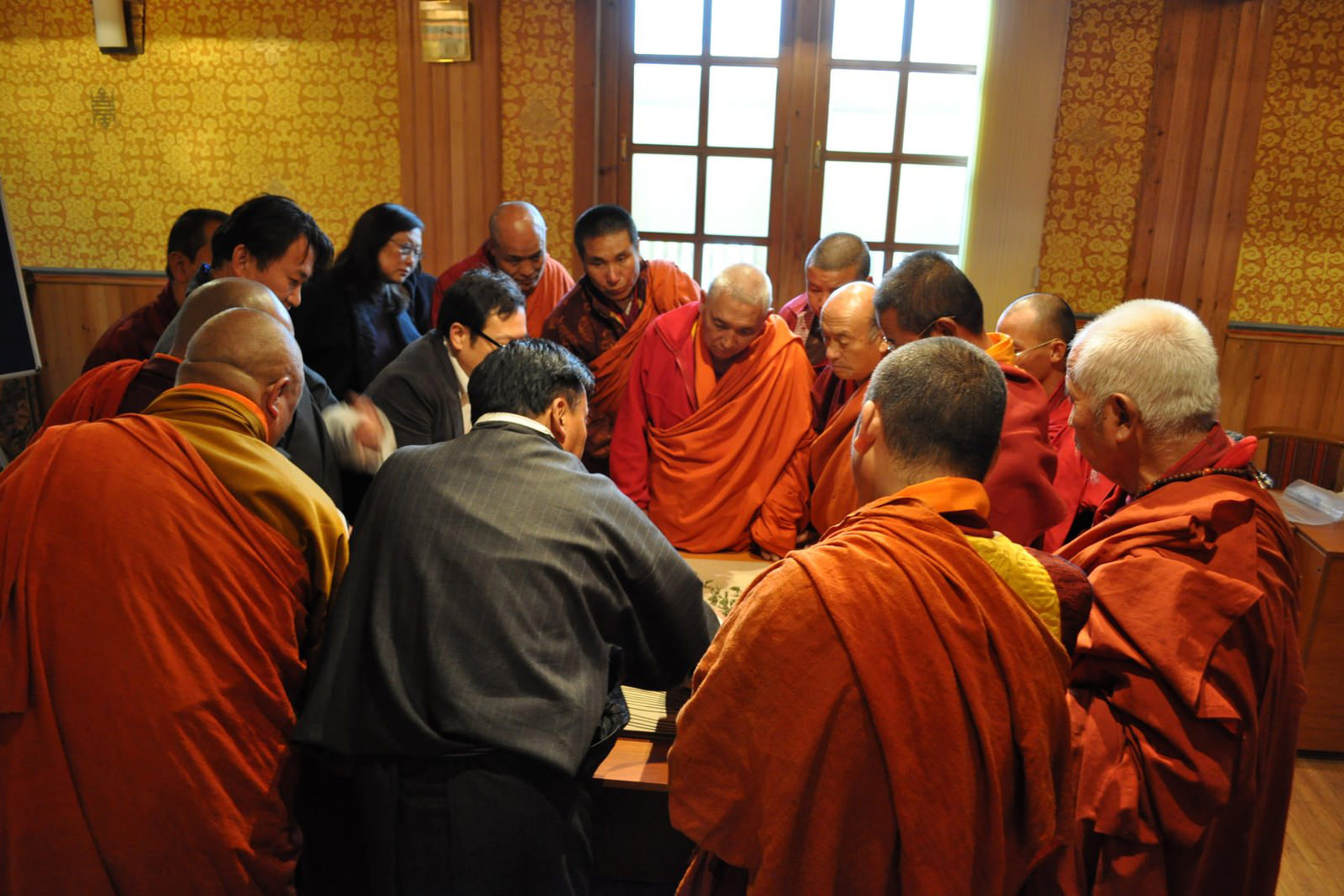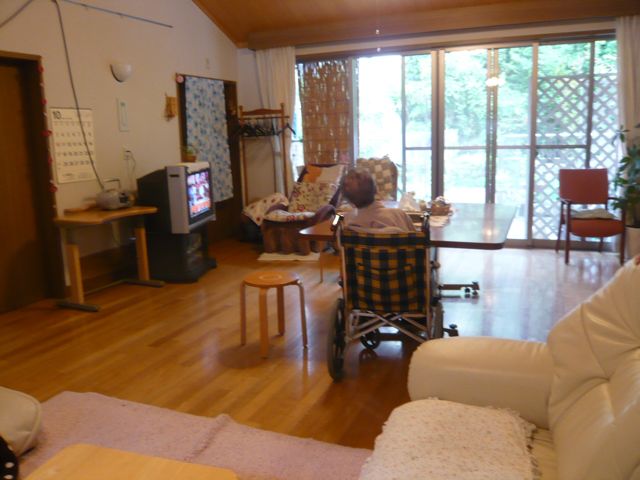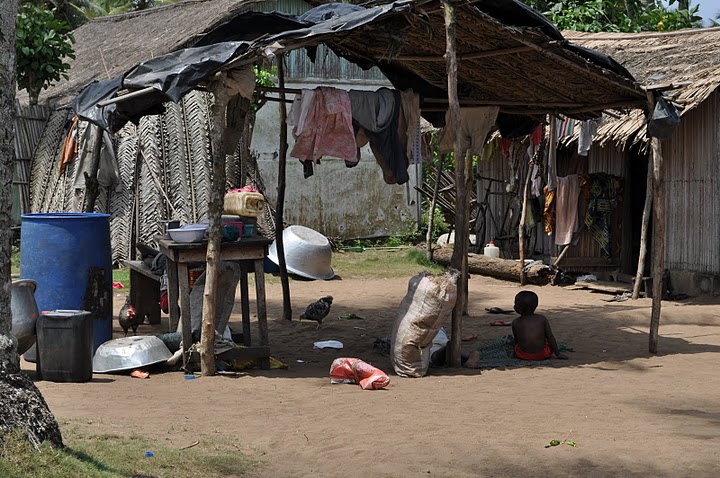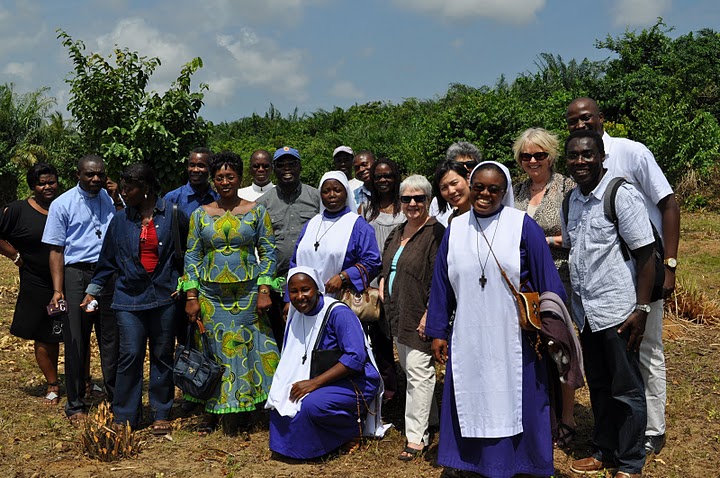Suffering and compassion
I had a wonderful meeting with Bhutan project team and a monk from Bhutan in the first day of my visit in Singapore. While I was quite exhausted by the long travel, I was so glad to spend the time with them. During our discussion, the Bhutanese monk shared his thoughts regarding caring for elders in Bhutan. He truly hopes that this project will initiate reducing the suffering of people who have no roof over their head, no food to eat, and no clothes to wear when they get old. He described his ideas with using the term “compassion” Then, I realized how fortunate I am to exercise my thoughts […]






